Genetics: Common variants key in psychiatric inheritance
More of the common variants implicated in schizophrenia are also linked to bipolar disorder than to autism, according to a study published 28 August in Nature Genetics.

More of the common variants implicated in schizophrenia are also linked to bipolar disorder than to autism, according to a study published 28 August in Nature Genetics.
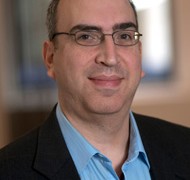
A new network analysis of autism genes, published 11 June in Translational Psychiatry, highlights both the pitfalls and the promise of the approach, says Alan Packer.
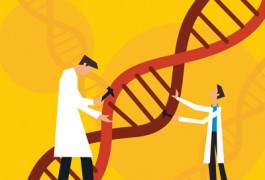
A new statistical method for linking genes to a disorder analyzes both rare and common variants of a gene at the same time, according to a study published 14 May in the American Journal of Human Genetics. This makes it possible to confirm associations that other techniques might overlook.
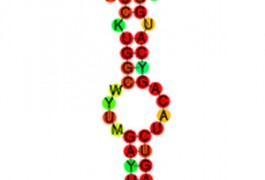
The discovery of microRNAs that regulate gene expression has changed our view of cellular biochemistry. It may also change our perception of neuropsychiatric disorders such as autism, says Peng Jin.

A large study identifying common genetic variations that contribute to five different psychiatric disorders, including autism, sheds light on the disorder’s genetic architecture, says Benjamin Neale.
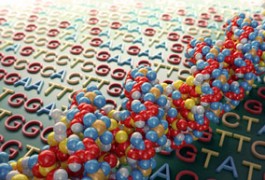
A group of genetic variants that are linked to schizophrenia do not seem to be associated with autism, according to a study published in the January issue of the American Journal of Medical Genetics Part B.
Solving the riddle of autism genetics will require looking beyond the growing list of candidate genes to epigenetics and personalized medicine.

A research colony of feral monkeys may help scientists study how genetics contributes to complex social behaviors in fragile X syndrome, according to unpublished research presented Monday at the 2012 Society for Neuroscience annual meeting in New Orleans.
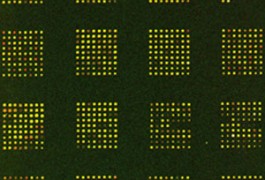
Individually, common genetic variants confer little risk for autism. But taken together, they may contribute significantly, predicts a statistical analysis published 15 October in Molecular Autism.
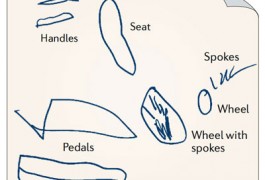
Studying the well-characterized Williams syndrome could help researchers understand autism and discover new therapeutic targets, says Andreas Meyer-Lindenberg.